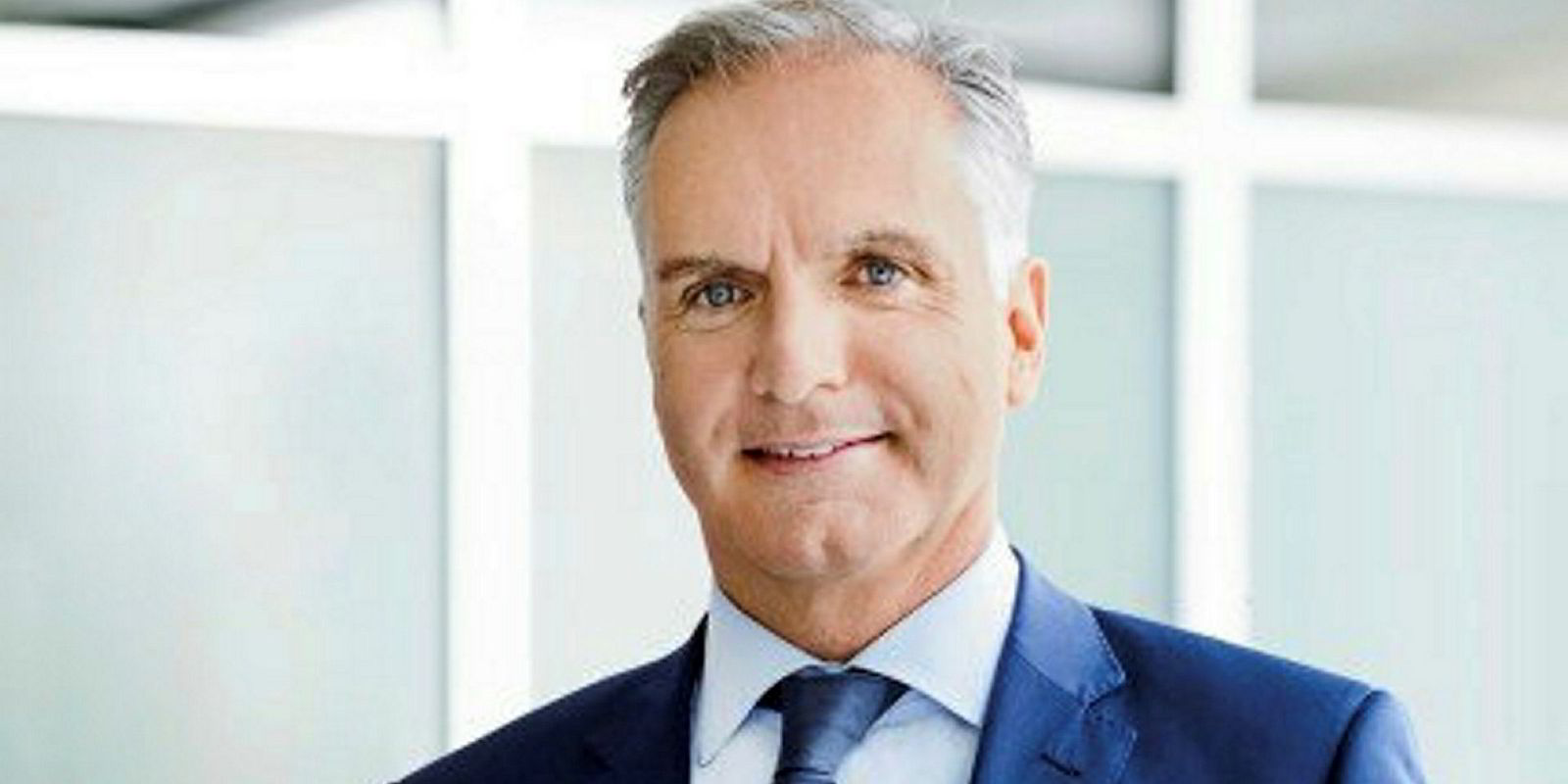A focus on financing secondhand ships has made one German ship financier think twice about signing up to the Poseidon Principles — the banking code that seeks to align the availability of financing with efforts by shipowners to reduce carbon emissions.
Last year was “a very good year” for Hamburg Commercial Bank (HCOB), according to global head of shipping Jan-Philipp Rohr.
The bank — formerly HSH Nordbank — generted about €1.2bn ($1.33bn) in fresh ship finance business in its first year since its privatisation in November 2018.
It has done so by turning its sights on secondhand tonnage, and the refinancing of existing loans from banks that have exited shipping. The core of that activity comprises ships of eight to 15 years old, and a smaller portfolio of vintage vessels.
This focus on older ships is one of the reasons HCOB has not yet signed up to the Poseidon Principles.
Rohr explained that he is not resistant to environmental progress and believes the banks have their part to play, adding that sustainability is an issue for the board at HCOB.
But he is concerned adhering to the green banking code might oblige a bank to invest in newbuildings as a mechanism for reducing emissions.
That, he fears, could destroy a delicate balance in the ship market, and would ignore the potential for improving the carbon footprint of older ships.
“For HCOB, the focus is on the existing market,” he said. “We have to take into consideration that the existing vessels will remain in the market, so to flood the market with newbuildings will destroy the market.
“That’s why we are reluctant to invest heavily in newbuildings.”
Another €1bn
And HCOB — which was taken over by a consortium led by Cerberus Capital Management and JC Flowers in 2018 — is not anticipating any fall-off in demand for the financing.
The withdrawal from ship finance of German banks such as Commerzbank, DVB and Nord/LB has opened gaps in the market that it is keen to fill.
In 2020, it is planning to do another €1bn in new business to maintain its shipping book at €5.4bn.
The lion's share of that figure is split between container, dry and tanker segments, with the remainder in specialist sectors, such as car carriers and LPG vessels.
Much of its new business comes from foreign markets, such as Greece, where there is significant sale-and-purchase activity, the US, Europe and Asia.
In addition, its vintage financing business has been fuelled by the demands of some banks that shipping loans should be fully paid off by the time a vessel turns 15 years of age.
But Rohr makes clear that the finance is not intended to help the ship be demolished.
“We don’t want to bring the vessel to the beach,” he said. “The clear plan is the loan has to be repaid during the lifetime of the loan, not through selling the vessel at the end.”
Returning to the Poseidon Principles, Rohr argued the current code is too focused on big-name banks — such as current signatories Citigroup and Societe Generale — that have “the power to go for bigger tickets and bigger volumes”.
And he questioned whether or not a shipowner's ecological footprint would be reduced by ordering a newbuilding, while scrapping a 10-year-old vessel.
Rohr said the industry must find ways to improve their green credentials of existing vessels, or, he warned, "we might destroy our own market again”.








